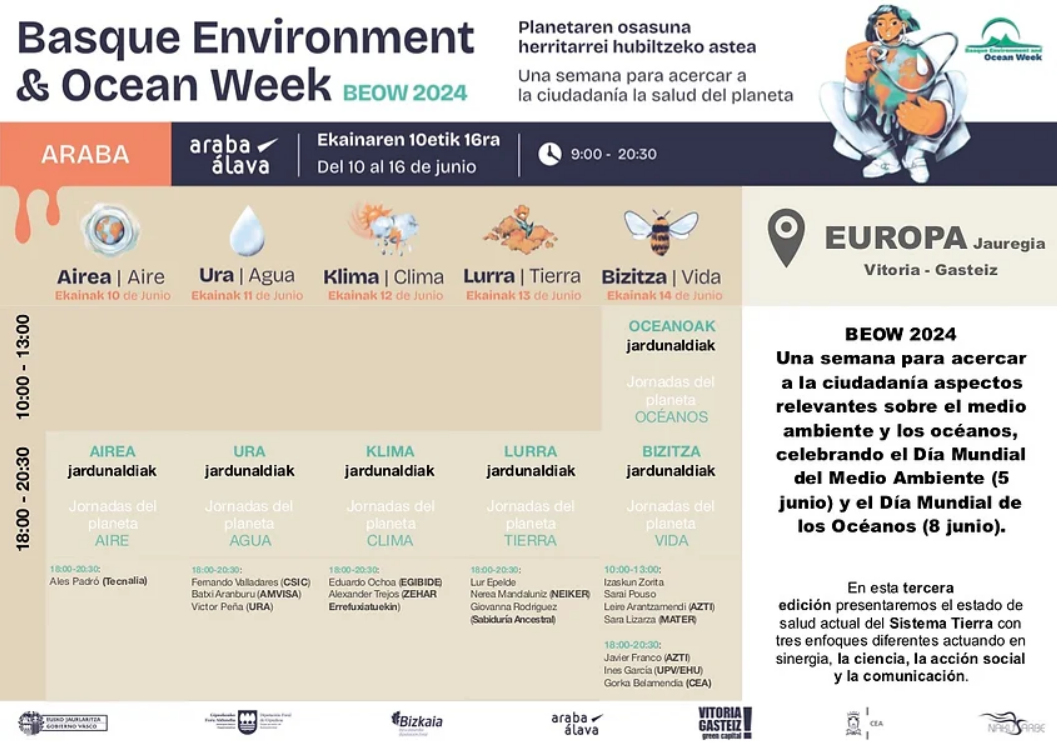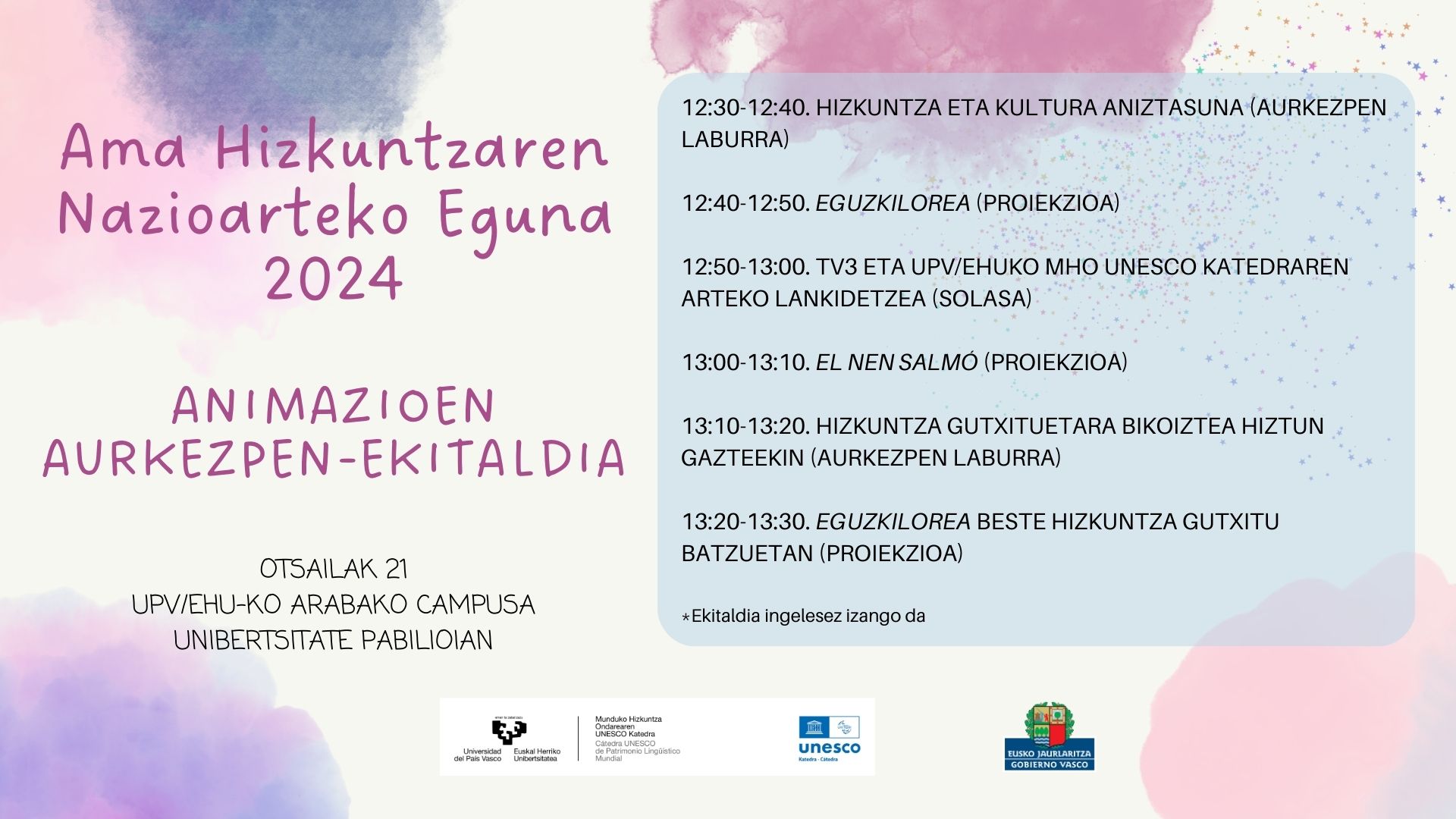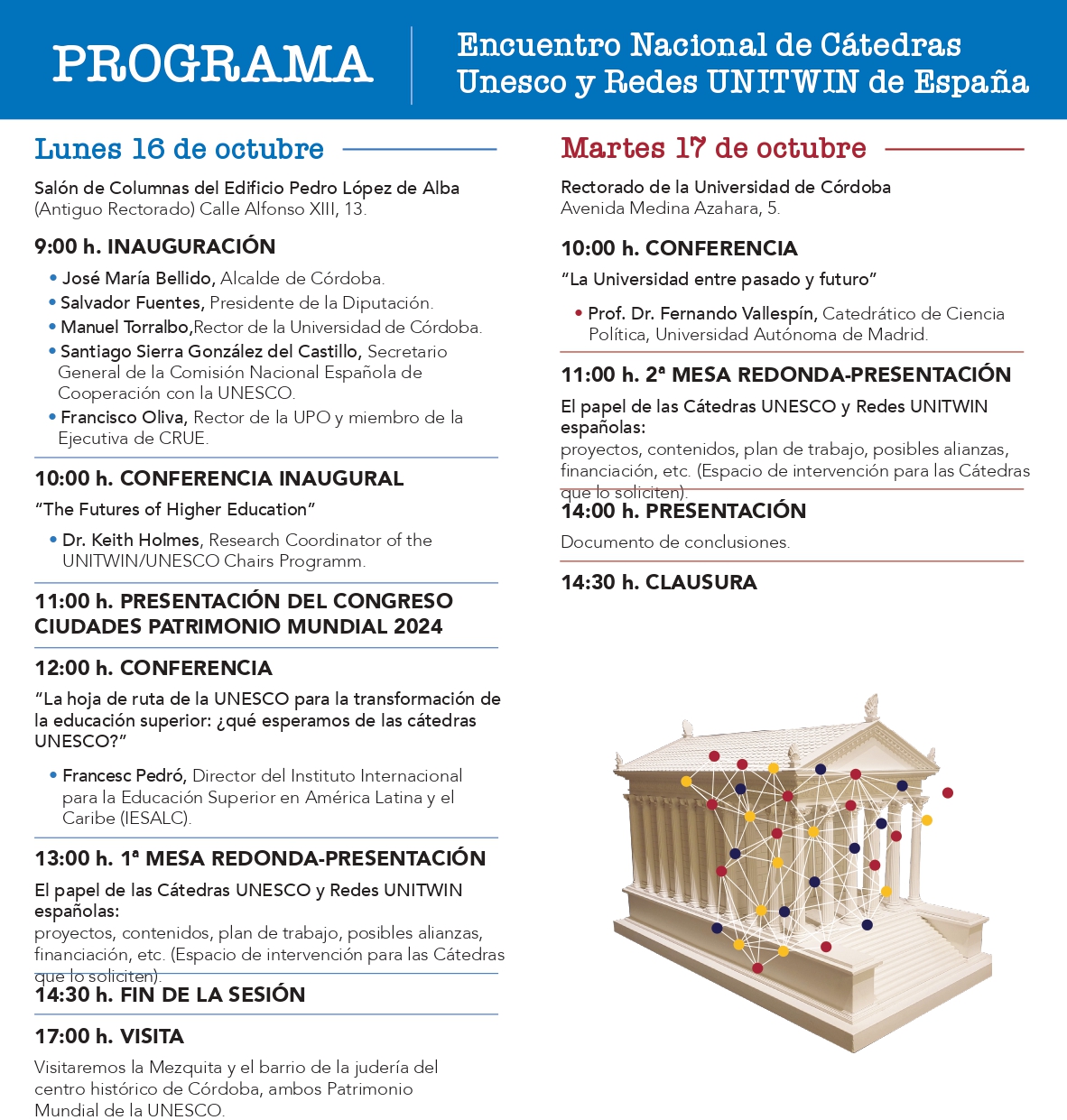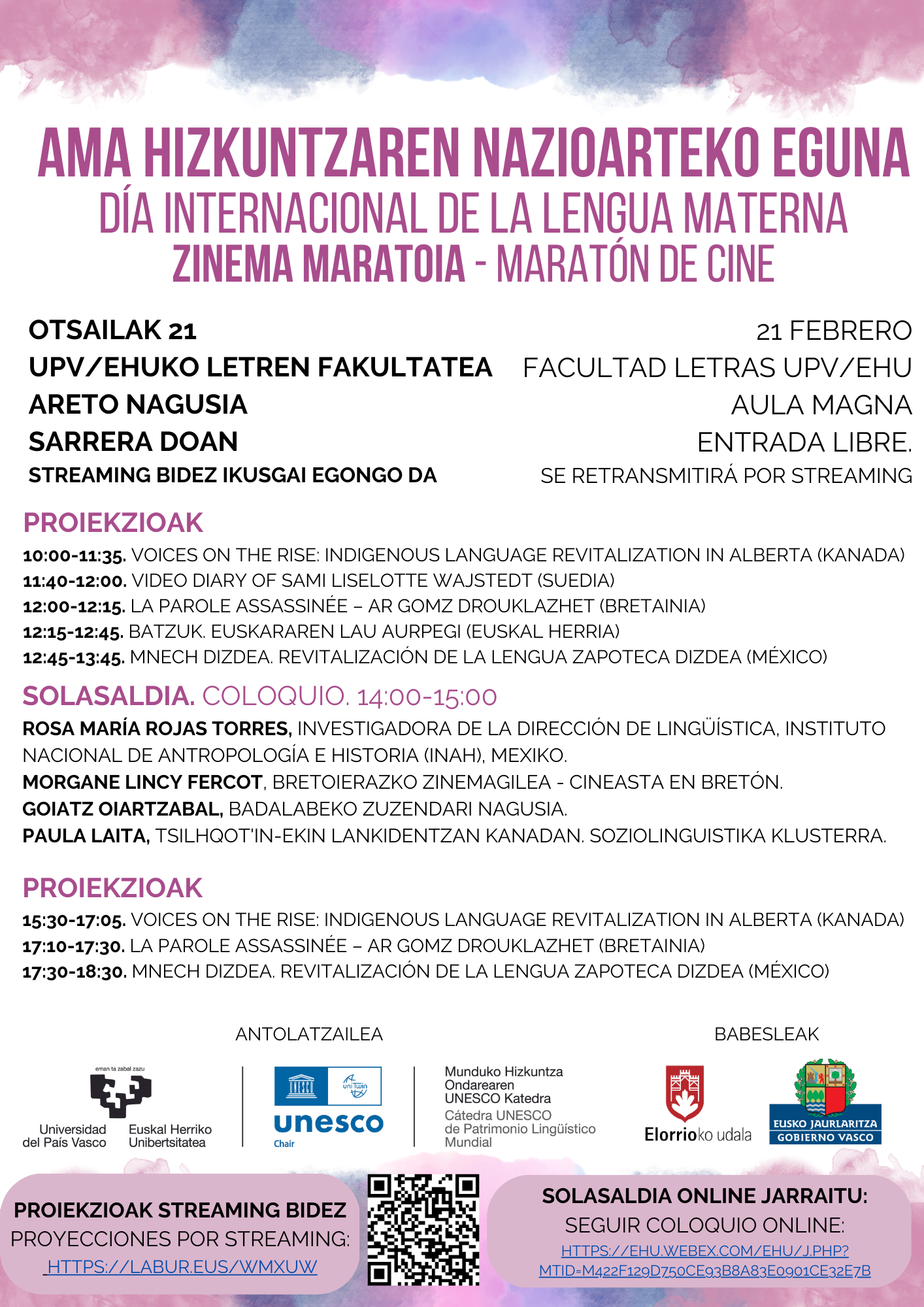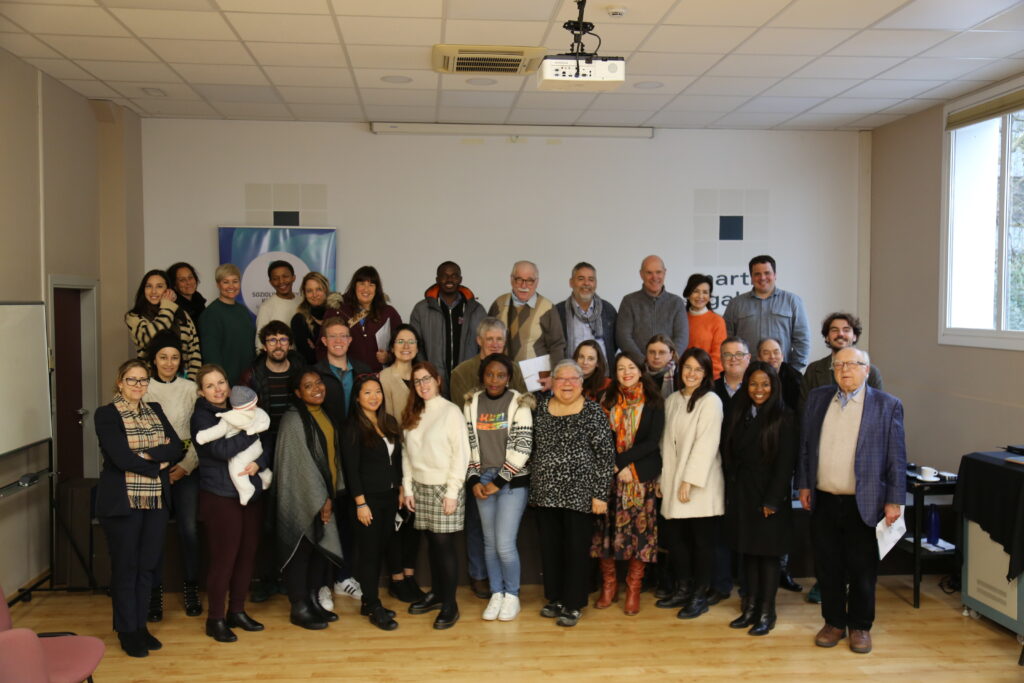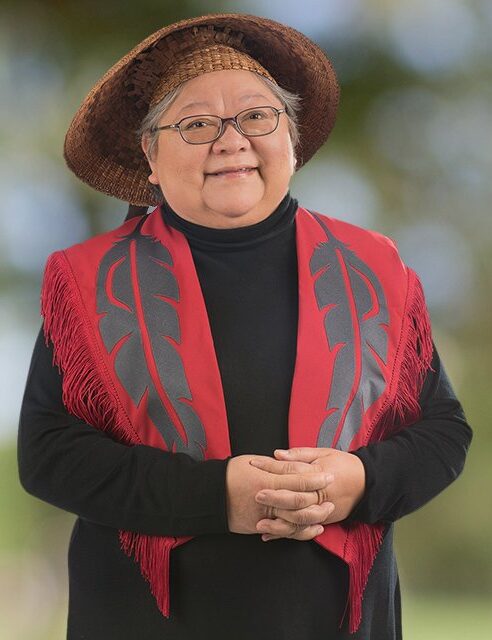February 21 is International Mother Tongue Day. For many speakers the mother tongue is an indigenous or minority language, a language that rarely appears in school or outside the family. There is often no shortage of prejudices about the speakers of these languages, and in many cases, moreover, to undertake the revival of the language is almost a mirage. Nevertheless, the meaning and value of benefiting from this heritage for speakers allows us to share our thoughts on the mother tongue of indigenous and minority speakers. Proof of this is the variety of films and documentaries that bring us closer to the situations and experiences around the world.
In this film marathon we have been able to watch videos from different communities that have undermined the language of America and Europe.
1) Voices on the rise: Indigenous Language Revitalization in Alberta (Canada)
The first documentary is based in Canada, Alberta, and features the experience of Eli Hirtle. He considers himself an indigenous man in the suburbs, and like so many other indigenous people who live far from the community, Eli did not receive the native language of his family, the cree. [Kri] is the most spoken indigenous language in Canada. She's started learning that mother tongue in adulthood and in the documentary we've been able to see her journey back to that connection with the community.
Watch the documentary here: https://voicesontherise.ca/
2) Video diary of sami Liselotte Wajstedt (Sweden)
The second show was three five-minute videos. We were able to travel to Sweden, to Stockholm. There we have seen how sami woman Liselotte Wajstedt learns the original language of her community. We have seen Liselotte naming in Sami the elements around her, writing loose words in post-it, and gluing them round. We saw him in the subway, in the cafe, in his house, in the woods...
Sami or Lapland languages are spoken in an area from Sweden to Russia, i.e. in Sweden, Norway, Finland and northern Russia.
Watch the documentary here: https://www.liselottewajstedt.com/a-video-diary/
3) La parole assassinée - Ar Gomz Drouklazhet
The third documentary is located in Birttany. Speakers of three generations speak and think over their mother tongue. Alyson Cleretek is the director of the documentary.
See the documentary here: https://www.bretagne-et-diversite.net/fr/films/la-parole-assassinee/
4) MNECH DIZDEA (Mexico). Documentary on the revitalization of the Zapoteco Dizdea language
The fourth projection takes us to Mexico. They tell us about the efforts to revitalize the Zapoteco language.
See teh documentary here: https://www.youtube.com/watch?v=2G7K4IGNQsg
5) Batzuk. Euskararen lau aurpegi
The last documentary was created by the EAK and Hiru Damatxo producer during the KORRIKA of 2017. In the film we can see different kind of Basque speakers, that are the result of the efforts to revitalize the language during the last years.
See the film here: https://www.youtube.com/watch?v=vfkL2DCZzuw
